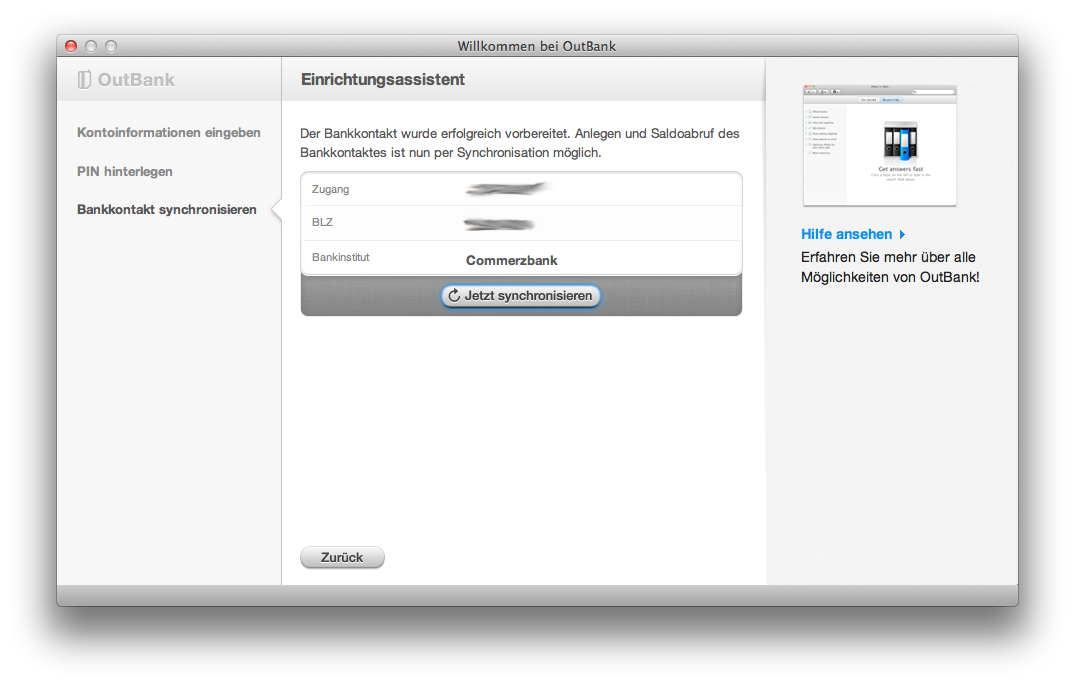


Den stora risken var att Grekland skulle utlösa en kris i italienska, franska och tyska banker. – samtidigt som befolkningarna i de krisdrabbade länderna underkastades hårda åtstramningspaket, med sänkta löner och pensioner. Och en stor del av pengarna gick till att hålla kommersiella banker flytande Grekland, Irland, Portugal, Spanien och Cypern fick alla enorma räddningslån från EU och IMF, Under krisåren spenderade EU-länderna sammanlagt över 2 000 miljarder euro i skattepengar för att rädda banker. He was particularly worried about “the degree of leverage in the financial system. Peter Praet, the ECB’s chief economist, told a Financial Times conference that Rest assured that not all of today’s trading strategies are predicated on that reality. In a bear market it can disappear in a moment. Liquidity is an elusive quality at the best of times. Now, it’s the internet you’d have to close. He /former Canadian central banker Mark Zelmer/ the argues that “past experience” has shown how quickly runs can take place in a digital world, and that the risk may grow due to the introduction of Open Banking, which was introduced in the UK last year to require banks to allow third parties to access account data How Greece Is Scrambling to Save Its Banks - Again The imbalance between risk and sky-high rewards barely addressed by boards and shareholders. The legacy of the great crash of 2008 - economic, financial and political - hangs heavy in the air:īanks bailed out to the tune of £500bn the bankers responsible punished only in the court of public opinion Svaret på galaxens alla frågor är inte 42. This is why banking is an inherently unstable and destabilising activity. Recall that the conventional story in which banks merely channel existing funds from savers to those with investments to finance is wrong.īanks create new money in the form of deposits when they issue loans. Ur Rolf Englund, Den Stora bankkraschen, Timbro, 1983, sidan 15


 0 kommentar(er)
0 kommentar(er)
